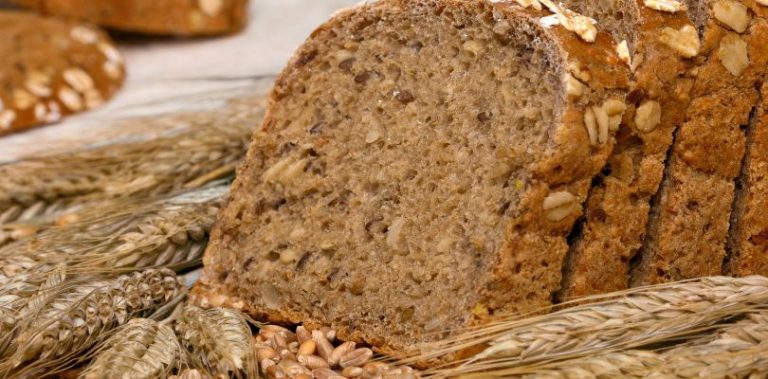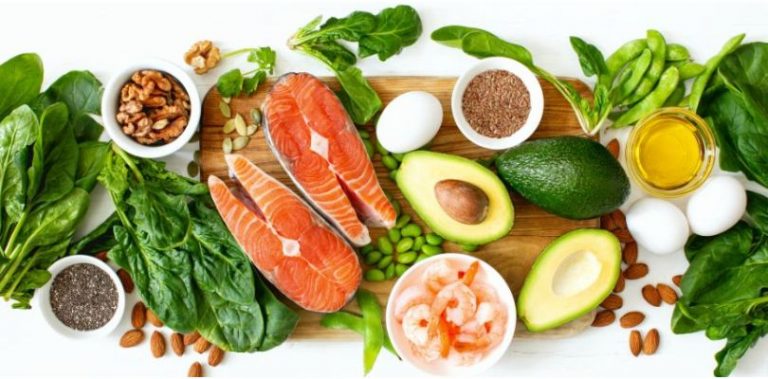Optimizing Nutrition
Lung cancer accounts for one in five cancer deaths. But what can you do to help? This article explores the best and worst foods and drinks for lung cancer, along with a treatment option for lung disease like Pirfenidone, a medication primarily used to treat a lung disease called idiopathic pulmonary fibrosis (IPF). It works by reducing the formation of scar tissue in the lungs and slowing down the progression of the disease.
Warning Signs of Lung Cancer
Below are the warning signs of lung cancer:
- Persistent cough.
- Changes in cough, such as becoming more intense or chronic.
- Chest pain.
- Wheezing or shortness of breath.
- Unexplained weight loss.
- Fatigue.
- Hoarseness.
- Frequent respiratory infections.
- Coughing up blood.
- Difficulty swallowing.
Related Search Topics (Ads)
The Worst Foods and Drinks
So, let’s look at the other end of the cancer nutrition spectrum. What foods and drinks should you avoid?
1. Alcohol
While many of us reach for a glass of wine after a long day, this actually might do more harm than good. Excessive drinking can impact liver and lung health. It’s thought the sulfates in many drinks can harm the lungs and their function. While a glass here or there might be okay, if you’re concerned about your health, this is one of the first things to go.
2. High Sugary Beverages
Excess sugar consumption is being finger-pointed for its role in the development of various chronic diseases, including cancer. Eating a diet high in sugar increases inflammation in the body which can contribute to poor health. Instead, opt for water or coffee.
3. Processed Deli Meat
Surprisingly, there’s a link between processed meat consumption and worsening lung function. Researchers believe that the nitrites in these meats cause problems when it comes to the optimal functioning of the body, including the lungs. And yes, this, unfortunately, includes bacon, ham, salami, and sausages.
While it may be confusing to fully grasp how what we eat or drink may impact lung cancer, there are a few ways scientists theorize that eating healthy can improve one’s chances of getting and surviving lung cancer. What we eat impacts inflammation, cell metabolism, cell cycle control, and more — all of which may contribute to cancer.
So, what are the best and worst lung cancer foods? What kind of diet may improve lung health and prevent lung cancer? Here’s everything you should know.
The Best Foods and Drinks
When following a cancer diet, the focus is primarily on whole foods. These foods tend to contain high nutrients, which our body needs to fight or prevent cancer. In contrast, we want to limit foods that cause increased inflammation. So, without further delay, here are a few foods and drinks you’ll want to include in your diet.
1. Whole Grains
While you’ll want to stay away from refined grains (like white flour), whole grains offer plenty of nutrition, including fiber, antioxidants, vitamin E, selenium, and fatty acids; this can help improve lung health and function. Antioxidants further protect the lungs from damage caused by free radicals, which can lower your risk of cancer.
2. Fruits and Vegetables
For optimal cancer nutrition, this is probably a no-brainer. For fruits, berries, like blueberries and strawberries, offer a great option due to their high antioxidant content. The pigment found in many berries, called anthocyanin, is thought even to reduce age-related lung decline.
Leafy greens are another great option here since the carotenoids in these veggies also act as antioxidants and boost the body’s defense. Other good choices include tomatoes, pears, and broccoli.
3. High-Fiber Foods
This deserves a spot on this list in its own right. While many vegetables and fruits have high fiber, other foods, like beans, chai seeds, and quinoa, also contain plenty of fiber. Research indicates that lung function is better in those who follow a higher-fiber diet compared to those who eat less fiber.
4. Coffee
Coffee lovers, rejoice! That morning cup o’ joe might be doing your lungs tons of good. There’s a correlation between lung health and coffee drinking! It’s thought the mechanism behind this is due to coffee’s powerful anti-inflammatory properties.
5. Green Tea
This is one powerful drink! Packed with antioxidants, green tea can help take your health to the next level and reduce your cancer risk. Have this as your second coffee of the day, and it’ll work wonders on your health.
Pirfenidone for Idiopathic Pulmonary Fibrosis (IPF)
Pirfenidone is a medication primarily used to treat a lung disease called idiopathic pulmonary fibrosis (IPF). IPF causes scarring of the lungs, leading to difficulty breathing and decreased lung function over time. Pirfenidone works by reducing the formation of scar tissue in the lungs and slowing down the progression of the disease. It is believed to have anti-inflammatory and anti-fibrotic effects, although the exact mechanism of action is not fully understood. Pirfenidone is typically taken orally in the form of tablets and is often used as part of a comprehensive treatment plan for IPF, including lifestyle changes and other medications.
Nutritional Strategies for Lung Cancer
At the end of the day, staying away from highly processed foods and focusing on a whole-food diet goes a long way in improving general health and reducing your cancer risk. It’s further important to note that what you do also matters! For instance, smoking is a huge risk factor when it comes to developing lung cancer later on. If you’re an avid smoker, it’s in your best interest to quit as soon as possible.
Additionally, making half your plate veggies at every meal can boost your nutritional intake and ensure your body gets what it needs to function well and fight off illness. It can also help to focus on “including” more healthy foods as opposed to “excluding” foods; this takes the emphasis off of avoidance and onto what you can do, helping you feel more in control.

